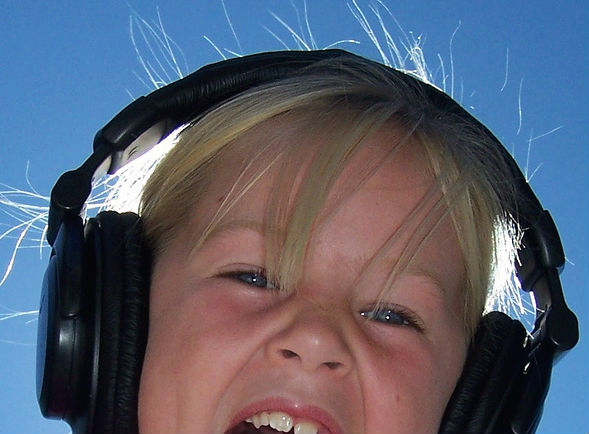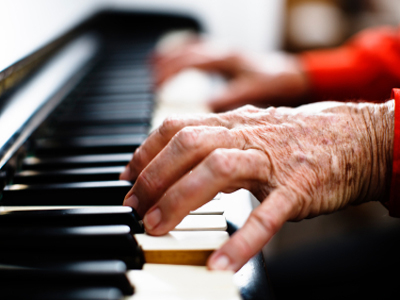How about a prescription for ear soothing music to fight and overcome stress and diseases? Sounds great isn’t it? Welcome to the world of music therapy. No matter if you have just had a break-up or have started with a new relationship, music is one element that fits in every situation of life. Then why not use it as a healing therapy?
Victor Hugo has rightly said: “Music expresses that which cannot be put into words and that which cannot remain silent”. Whether you accept it or not, music affects our daily life, as every human being responds to it.
An amalgamation of psychology and counselling, music can act as a healing therapy to cure several conditions like depression, personality issues, autism, cancer etc. In India, music has long been associated with healing as it is believed that some ‘ragas’ have a therapeutic effect. Be it the soothing melody of a flute, harmonium or guitar, music
can instantly put anyone in a good mood. But different kind of music works for different people and for different medical conditions. Here are a few health benefits of how music is food for your soul and health:
Decreases anxiety and stress
Research suggets that listening to religious music or the sound of the flute is associated with a decrease in anxiety levels and stress thereby providing a sense of control over an individual’s life.
Reduces pain
Want to relieve pain or beat stress? Face the music. You heard it right. Researchers believe that listening to music could help combat pain, relieve stress and even beat depression as it instantly uplifts your mood.
Helps lower blood pressure
Studies have shown that listening to peaceful music by closing your eyes and getting soaked in the world of sound can help you feel calm and relaxed and therby lowering blood pressure levels.
Good for heart health
Listening to music for half an hour is not just soothing for ears, but also good for the heart as good vibrations from the soothing music regulates heart rhythm along with slow and relaxed breathing and brain pattern.
Eases migraine and headaches
Music acts as a natural remedy that can help you get some instant relief from headache and migraine as it soothes the nerves of the brain providing relief.
Boosts immunity
It has been found that listening to good music actually sends a message to our brain to secrete positive and good hormones which boosts our immunity.
Improves concentration and memory
Have you ever noticed that we learn the lyrics of songs early but find it hard to remember other important things. This is so because music activates the brain instantly and helps in retention of information and improved concentration.
Source: zee news







